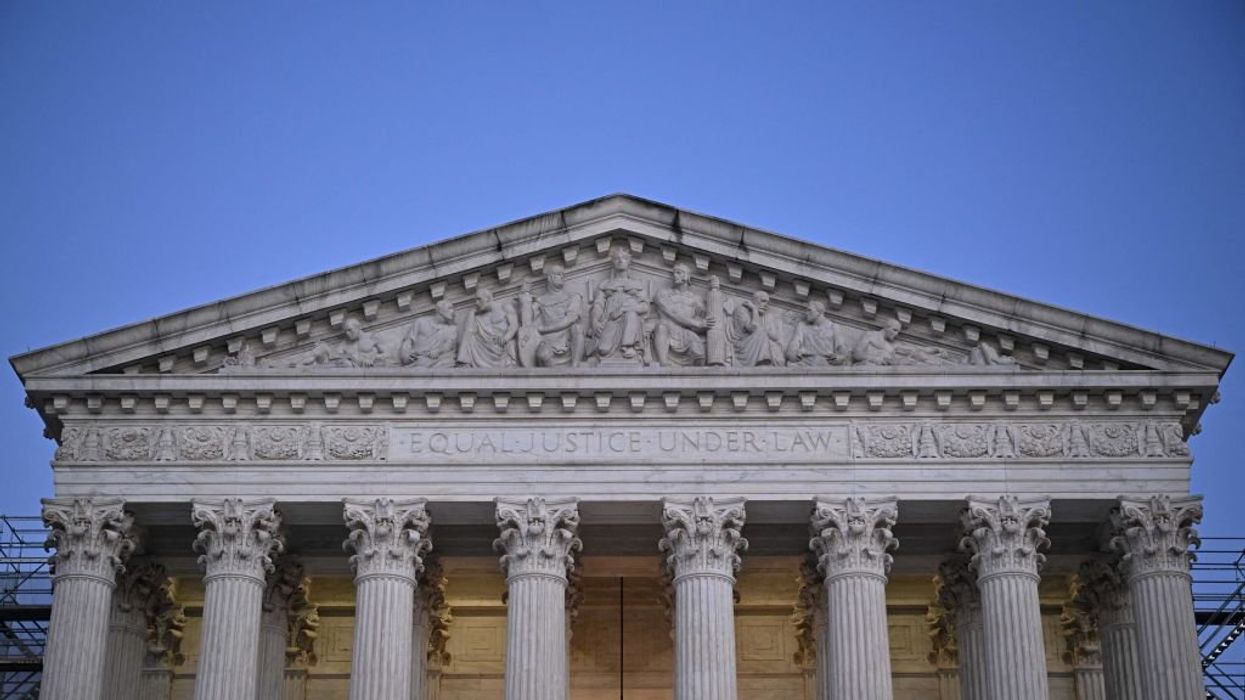
Photo by Mandel NGAN / AFP) (Photo by MANDEL NGAN/AFP via Getty Images

The Supreme Court has published an official code of conduct to cement rules that have long been theoretically in place.
"For the most part these rules and principles are not new: The Court has long had the equivalent of common law ethics rules," the Code of Conduct began.
"The absence of a Code, however, has led in recent years to the misunderstanding that the Justices of this Court, unlike all other jurists in this country, regard themselves as unrestricted by any ethics rules," the document explained. "To dispel this misunderstanding, we are issuing this Code, which largely represents a codification of principles that we have long regarded as governing our conduct."
A series of canon were established to govern the Justices, starting with "Canon 1: a Justice Should Uphold the Integrity and Independence of The Judiciary."
For Canon 2, "A Justice Should Avoid Impropriety And The Appearance Of Impropriety In All Activities," the code explained a series of actions that would be deemed unacceptable.
Having a "respect for the law," avoiding any "outside influence," and not holding a membership in any organization that "practices invidious discrimination on the basis of race, sex, religion, or national origin" were listed.
Canon 3 outlined the duties of office and what disqualifies a Justice, while Canon 4 discussed "Extrajudicial Activities That Are Consistent With the Obligations of the Judicial Office."
This included law-related activities such as speaking, writing, and teaching.
Furthermore, the Code of Conduct allowed fundraising by a Justice if it assists any "nonprofit law-related, civic, charitable, educational, religious, or social organizations." A Justice may also be listed as an "officer, director, or trustee" for such organizations.
Additionally, a Justice "may accept reasonable compensation and reimbursement of expenses for permitted activities." The document reaffirmed that the Justices are to comply with financial disclosures statutes.
Recently, Justice Samuel Alito faced questions surrounding ethics over a series of trips, while Justice Sonia Sotomayor, TimCast reported, was under the spotlight after reports revealed her staff had prodded public institutions to purchase her books. The Justice reportedly earned at least $3.7 million from book sales since she joined the Supreme Court.
Lastly, Justice Clarence Thomas was accused of accepting luxury trips from a Republican donor for several years without reporting them in his annual disclosures.
Like Blaze News? Bypass the censors, sign up for our newsletters, and get stories like this direct to your inbox. Sign up here!
Andrew Chapados